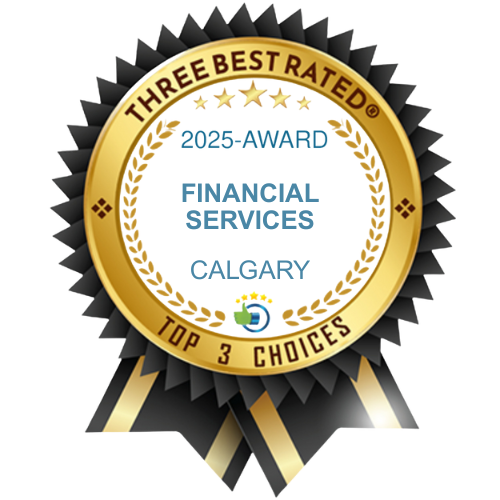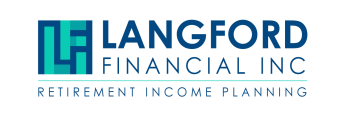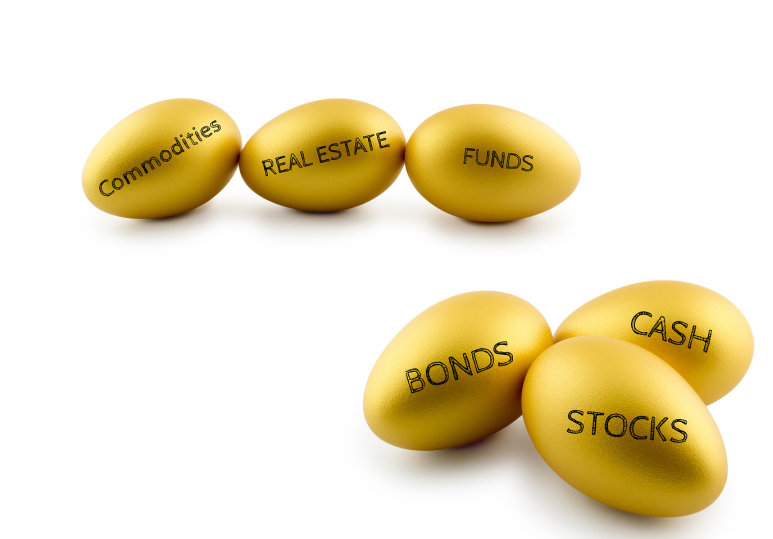We love rental properties as much as anyone and believe that they can be a great source of income, especially for your retirement years, however, caution needs to be taken so that you don't end up losing other income benefits or pay unnecessary taxes.
First, let's review how a rental property works.
You make money in 3 ways:
1. Cash flow. Your income should be more than your expenses.
2. Paying down the mortgage. Someone else is paying off the debt you took on to have this property.
3. Increase in value. The property may increase in value, however, this shouldn't be your primary motivation for owning a rental property but rather seen as a bonus.
The Math:
The cost: $300,000
The expenses:
Property taxes: $200
Insurance: $150
Upkeep: $200
Mortgage payments: $1350
Total Monthly Cost: $1900
You need to get more than $1900/month in rental income to cash flow this property. Let's assume you can get $2100/month. It looks like you are $200/month to the good. Or. are you?
From a tax perspective:
Total Annual Income: $25,200
Tax-deductible expenses: $13,800 (Property tax, insurance, upkeep, and interest on the mortgage)
Taxable income: $11,400. If you are in a 30.5% tax bracket you have to pay $3477 in tax on this income (11,400 X 30.5%). You thought you were making $200/month, but in reality, the rental property is costing you $1077/year.
Just to cover your costs, you need at least $2200/month in rent to break even. When it comes to rental properties, you can only "write off" the interest portion of your mortgage payment, not the principal portion.
Here's the problem during retirement: This inclusion of rental income forms your total income and can have several negative impacts on your qualification of government benefits in retirement. If you own multiple properties then the situation is magnified.
1. OAS clawback. If you are over age 65 and in receipt of your OAS benefits and you have more than $79,000 of total income for 2020 then your OAS cheque will be clawed back at 15% for every dollar over the threshold. In the scenario, I outlined above, you could be adding $11,400 of income to your total income when in reality, you did not earn a cent of additional income.
2. GIS qualification. This is a benefit for lower-income seniors over age 65 and is based on reported taxable income. Again, the inflated and included rental income will also disqualify you for GIS.
3. Provincial benefits. There are credits and medical benefits available to all seniors based on their level of income. Again, rental income will impact your ability to qualify for government benefits at the provincial level. Learn more about the Alberta Seniors Benefits.
How do you deal with this problem?
1. The best solution is to ensure you have your rental property completely paid for before you retire. If you are going to be taxed on the income you generate at least it's on the income you are actually receiving. So, in the above scenario, if you are bringing in $25,200 and your expenses are only $6600/year, because you do not have a mortgage, then at least the income of $18,600 is money in your pocket that you can enjoy. If you own several properties, and you still have mortgages, then it's a good idea to consolidate your portfolio so that you are debt-free.
2. You can defer taking your OAS until you either sell or pay off the mortgage on the rental property. You can defer your OAS up until age 70.
3. Continue making RRSP contributions to offset the gains in the rental income and reduce your reported taxable income to ensure you qualify for certain government benefits and avoid any other potential clawbacks.
4. Complete capital improvements so that you have more expenses to claim on the property. These expenses have to be depreciated according to the CCA scale and will reduce your taxable income for several years.
5. Interest-only HELOC. The HELOC - Home equity line of credit, allows you to pay only the interest portion of your loan. This is not helping you pay the loan off faster, but it does allow you to have more income in your pocket now and gives you the flexibility to choose how much principal payments you want to make.
The conclusion of the matter is that it's important to plan appropriately for your unique circumstances and avoid unnecessary taxation and clawbacks. You can choose how much income you take from your various sources and when it's best to take that income, but once you start an income stream like CPP, OAS, or convert your RRSP to a RRIF, well, you can't undo it and it can cost you dearly if you do it wrong.
This is an example of the type of planning we do for our retiring clients. If you would like to have a proper retirement income plan, simply click a link below to learn more about our planning services and process.
Fee-only Retirement Income, Investment & Tax Planning,
Willis J Langford BA, MA, CFP
Nancy R Langford CRS







